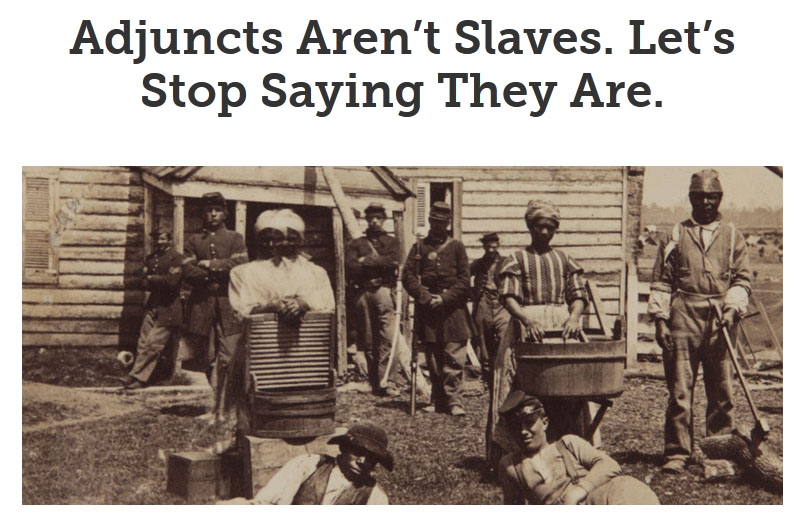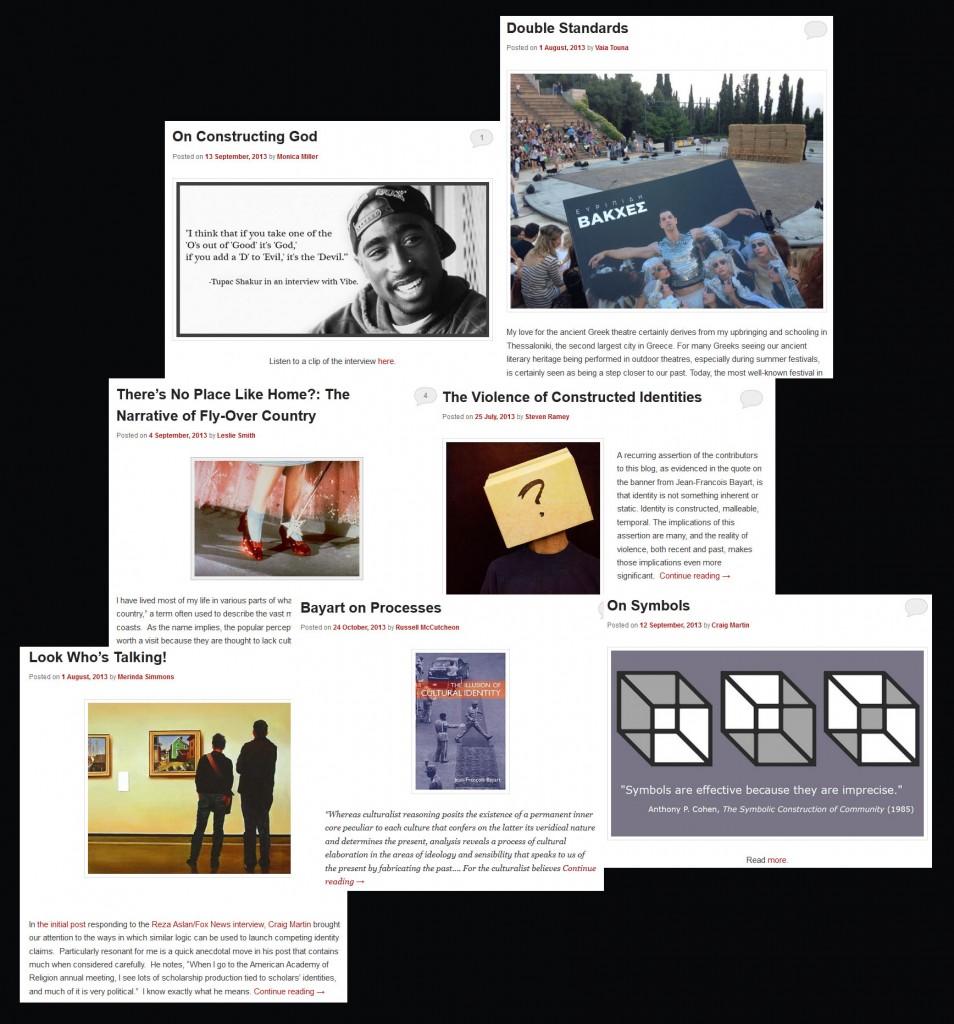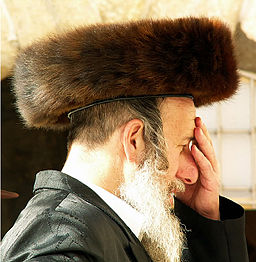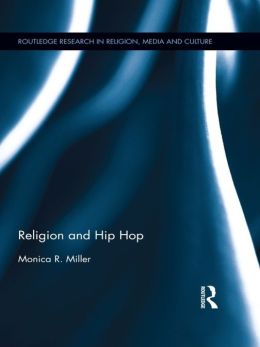US President Ronald Reagan’s administration put Nelson Mandela (who died at 95 earlier this week) and the African National Congress (ANC) on a U.S.’s “terror watch list” in the 1980s.
President George W. Bush repealed the ANC’s terrorist designation — but only in 2008, a decade after Mandela had finished serving as President of South Africa (from 1994-1999) and two decades after the South African government itself had lifted the ban on the ANC.
British Prime Minister Margaret Thatcher described the ANC as a “typical terrorist organization” in the late 1980s. Continue reading “The Contexts of Classification Matter”
Here? No Evil
 I found an image, not long ago, while hunting around for something new for Facebook, in which three silhouettes gestured the proverbial “three wise monkeys” poses, with the words “the sacred and the profane” written across it. Mulling it over, it seemed to be a rather useful way into the problem of how those technical terms are used by scholars of religion. Continue reading “Here? No Evil”
I found an image, not long ago, while hunting around for something new for Facebook, in which three silhouettes gestured the proverbial “three wise monkeys” poses, with the words “the sacred and the profane” written across it. Mulling it over, it seemed to be a rather useful way into the problem of how those technical terms are used by scholars of religion. Continue reading “Here? No Evil”
It Bounces Off Me and Sticks To You

“You speak creole” sounds like a nice, simple, declarative sentence and statement of fact, no? It’s just three words, after all, in the English language, plainly identifying others who speak in what are mixed or hybrid languages.
Simple as that. Right? Continue reading “It Bounces Off Me and Sticks To You”
Metaphoric Limits
 I remember, some years ago, the rise of the term “feminazi” in popular discourse — a term associated with those on the US’s political far right, such as radio host Rush Limbaugh — which named (i.e., critiqued) what it portrayed as the unreasonable and doctrinaire nature of so-called radical feminism. Continue reading “Metaphoric Limits”
I remember, some years ago, the rise of the term “feminazi” in popular discourse — a term associated with those on the US’s political far right, such as radio host Rush Limbaugh — which named (i.e., critiqued) what it portrayed as the unreasonable and doctrinaire nature of so-called radical feminism. Continue reading “Metaphoric Limits”
Notes from the Field: Nones and the AAR

The rationale motivating and grounding the panel, “Discussing the ‘Nones’: What They Say about the Category of Religion and American Society”, which was part of the Religion and Popular Culture Group in the American Academy of Religion meeting in Baltimore in November 2013, was to initiate a conversation over and about what the construction of the category “Nones” says (or doesn’t say) about the category of religion and religion in American society.
The label “Nones” typically refers to those who report “no religious affiliation” on surveys, with recent reports emphasizing a growing number of those counted as “None,”—1 in 5 by an October 2012 Pew Forum Report. Here, the Edge‘s own Monica Miller and Steven Ramey reflect on their participation in this panel, which also included Sean McCloud (UNC Charlotte), Chip Callahan (Missouri) and Patricia O’Connell Killen (Gonzaga). Continue reading “Notes from the Field: Nones and the AAR”
What Have You Missed?
 There’s more than you think at the Edge.
There’s more than you think at the Edge.
What have you missed?
Horse’s Ass
 Have you heard of the recent HBO TV series “Family Tree“? It’s a creation of Christopher Guest, one of the people behind a series of successful mockumentaries, such as “Best in Show” — although he’s better known, perhaps, as the lead “This one goes to eleven” guitarist in “This is Spinal Tap.” Continue reading “Horse’s Ass”
Have you heard of the recent HBO TV series “Family Tree“? It’s a creation of Christopher Guest, one of the people behind a series of successful mockumentaries, such as “Best in Show” — although he’s better known, perhaps, as the lead “This one goes to eleven” guitarist in “This is Spinal Tap.” Continue reading “Horse’s Ass”
What About Bob?
“You have to admit, this is exactly what America would utilize cloning technology for.”
So said a food tester about Burger King, one of the major fast food chains in the US, which has recently introduced a new burger, the Big King, which is suspiciously like the Big Mac at McDonald’s — see for yourself. Continue reading “What About Bob?”
Description as Reduction
 What is the nature and benefit of prayer? That question is at the heart of an exchange last month between Leon Wieseltier, the literary editor of the New Republic, and Tanya Luhrmann, a Stanford University professor of Anthropology. In “Dumbing Religion Down in the New York Times,” Wieseltier critiques Luhrmann’s contributions concerning prayer and speaking in tongues. Continue reading “Description as Reduction”
What is the nature and benefit of prayer? That question is at the heart of an exchange last month between Leon Wieseltier, the literary editor of the New Republic, and Tanya Luhrmann, a Stanford University professor of Anthropology. In “Dumbing Religion Down in the New York Times,” Wieseltier critiques Luhrmann’s contributions concerning prayer and speaking in tongues. Continue reading “Description as Reduction”
Religion in Hip Hop is Now in Paperback
 Monica Miller‘s book Religion in Hip Hop has just been released in paperback. If you don’t already have copy, now’s the time to get one because Routledge is offering a promotional deal: Religion and Hip Hop Flyer.
Monica Miller‘s book Religion in Hip Hop has just been released in paperback. If you don’t already have copy, now’s the time to get one because Routledge is offering a promotional deal: Religion and Hip Hop Flyer.
Take a look at this video to learn a little more about this book and Monica’s work.
